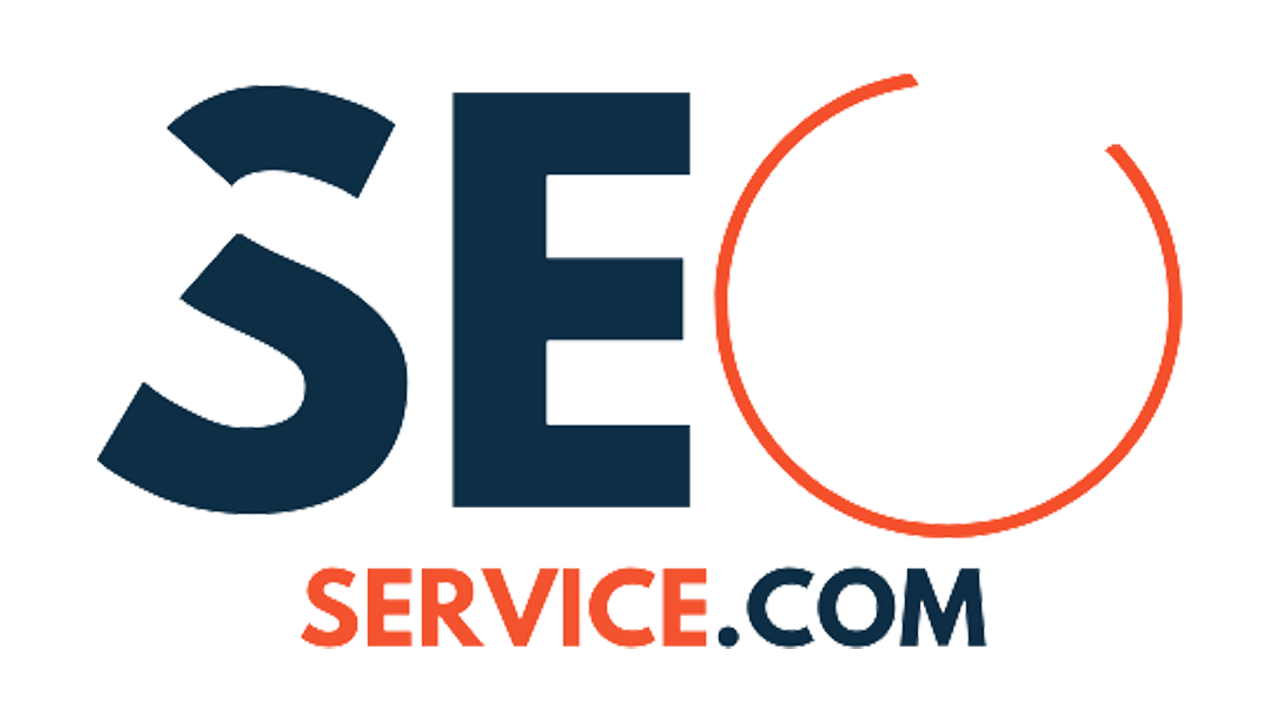Get Business Listed Higher
Appearing higher in Google’s search results is critical for business growth today, and to get business listed higher, you must understand the nuances of search engine algorithms. With over 90% market share, Google drives a majority of traffic and conversions. Ranking on the first page, especially in the top 3 spots, leads to exponential gains in visitors.
This article covers proven strategies to improve Google’s visibility. Higher Google visibility brings increased organic traffic and brand awareness. This segments customers actively searching for offerings, making them more likely to convert. Sustainable traffic growth is possible after initial optimization.
What is Google’s Algorithm Of Ranking?
Google uses a complex, ever-evolving search algorithm to rank web pages in results. The algorithm evaluates factors like page speed, mobile-friendliness, security, content freshness, authoritativeness of sources, quality inbound links and overall site architecture. It aims to understand search intent and return the most useful, credible pages quickly.
Google continues refining the algorithm through machine learning to better comprehend language and context. Ranking high requires optimizing for critical elements like relevant, regularly updated quality content, fast loading pages, a natural link profile and positive user engagement metrics. The algorithm keeps getting more advanced so staying updated and focusing on the user experience is key for sustainable organic visibility.
Why Ranking Higher Matters

The benefits of ranking higher in Google make focusing on search optimization a smart long-term investment for better bottom line results. Use this comprehensive guide to steadily improve your website’s search engine placement.
- Increased visibility drives more qualified website traffic, customers and conversions.
- Higher click-through-rates since more users click on top results.
- Builds authority and credibility through search prominence.
- Leads to less reliance on paid search ads over time.
- Provides competitive advantage over rivals ranking lower.
- Boosts brand exposure and reaches new geography-based markets.
Why Optimize Google?
Businesses and individuals optimize their online presence for Google to increase their chances of being discovered by users searching for relevant information, products, or services. The goal is to appear higher in the search results, as users typically click on links that appear near the top. Here are some key points on why it’s important to optimize for Google.
Influences Brand Visibility and Discovery
- Higher Google rankings increase visibility and chances of being discovered by relevant searchers.
- This can shape brand perceptions and influence purchase decisions early in research process.
Builds Credibility and Trust
- Top search rankings lend credibility and indicate site/content quality.
- Positive indicators like this lead to higher brand trust.
Reflects Consumer Intent and Interests
- Optimizing content for relevant searcher queries and intent reflects consumer behavior.
- Helps connect with users when they are interested in related topics/products.
Provides Value to Searchers
- Google rewards pages that satisfy searcher intent with useful content/information.
- Quality content that solves queries shapes positive brand associations meeting needs.
Drives More Qualified Traffic
- Increased organic visibility leads to more qualified visitors actively seeking related information.
- These visitors tend to convert better vs other channels.
How to improve your Google ranking?
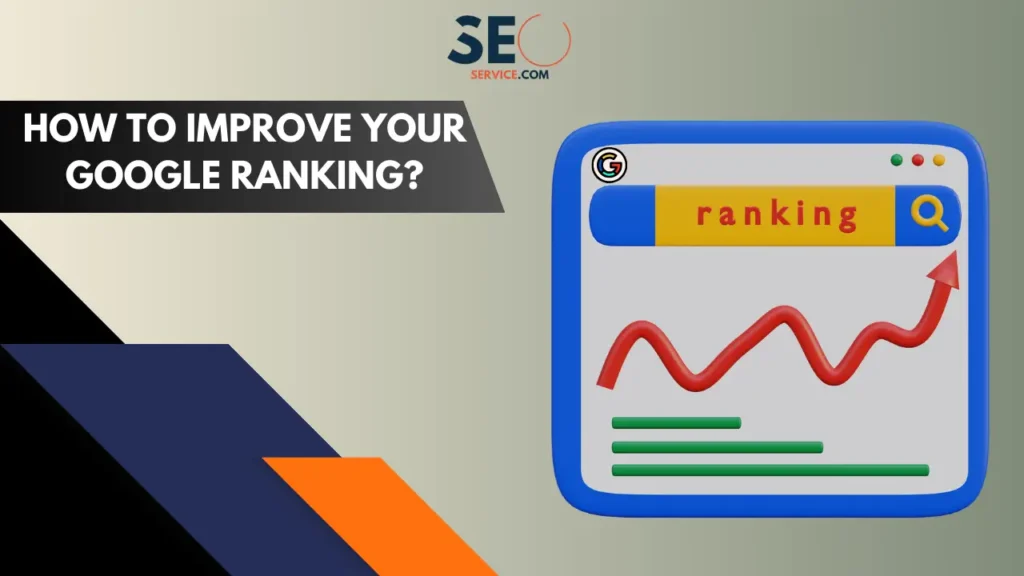
A strategic, multifaceted effort covering critical areas is required for sustainable rankings growth. Here are a few strategies to follow in order to improve your ranking on Google to get listed higher.
Optimizing Your Website Content for Higher Google Ranking
Creating Relevant, High-Quality Website Content
The content on your website pages is a major factor in Google’s ranking algorithm. Relevant, useful content optimized with targeted keywords will perform better in search results. Conduct keyword research to identify terms and phrases that your target customers are searching for in order to “get business listed higher.” Incorporate these organically into your page content. Create compelling, original content that provides value for your readers. Avoid keyword stuffing or over-optimizing content. Focus on providing unique information readers want. Pages with well-written, engaging content get rewarded with higher rankings by Google.
Utilizing Multimedia Content
Incorporate relevant images, infographics, videos and other multimedia content to get business listed higher on your pages. Multimedia not only improves user experience but also benefits SEO.
Google is able to index the content in images and videos just like text content. Users are also more likely to interact and share multimedia content on social media, generating engagement signals. Having a healthy mix of media types keeps your content format fresh and interesting while also telling Google that your pages offer rich, high-quality content worth ranking well.
Regularly Updating Content
Search engines like Google want to serve users the most recent and timely information possible for any given query. Pages that are updated more frequently tend to rank better because Google considers them more relevant. Aim to publish new blog posts or article content on your site on a consistent basis. Refresh older content by reviewing and updating as needed. An active site gets indexed faster and regularly updating pages with new content will steadily get you better rankings.
Building Quality Backlinks for Higher Google Ranking
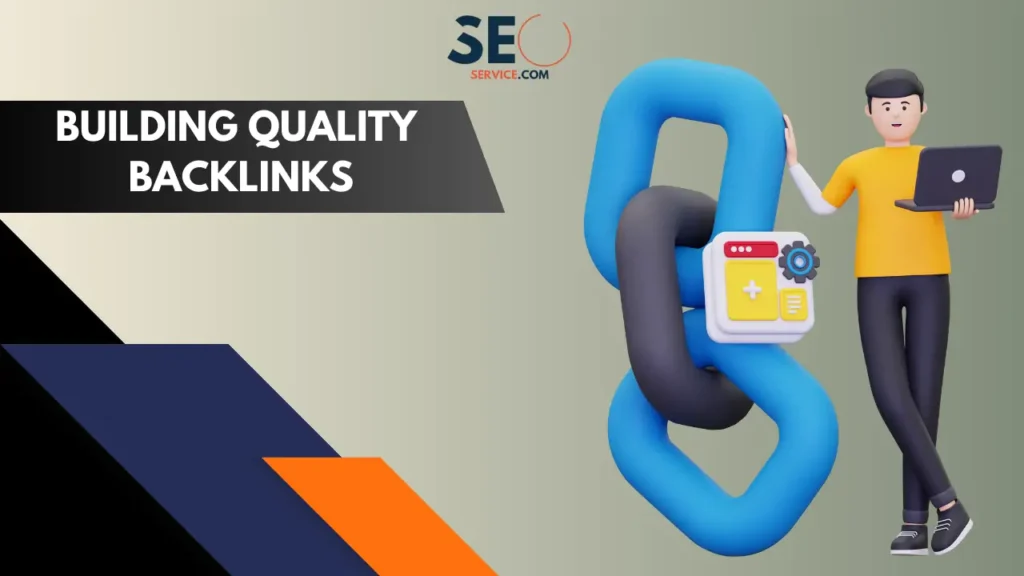
Importance of Backlinks
After on-page optimization, acquiring backlinks is one of the most important ranking factors according to Google. Backlinks are essentially votes of confidence from other websites that help indicate your page’s relevance and popularity. Links from authoritative, reputable sites carry more weight in Google’s algorithm. Building a diverse profile of quality backlinks pointing to your site will convey trust and authority, playing a key role in lifting your Google ranking.
Strategies for Acquiring Quality Backlinks
There are several ethical tactics you can use to build legitimate backlinks:
- Guest posting on industry blogs allows you to include a link back to your website in the author bio. Choose sites with authority in your niche and provide helpful, relevant content.
- Collaborating with complementary but non-competing brands can lead to backlink-worthy co-created content like guides, studies or tools. Look for sites with an overlapping audience.
- Influencer marketing involves having respected industry figures review your product or publish guest posts on their sites. Work with brands that align with yours.
- Getting interviewed as an expert source and linking back to your website from the publication gives a relevance boost.
- Sponsoring or speaking at live industry events can garner backlinks from the conference website. Look for events popular with your target customers.
Avoiding Spammy Backlinks
Steer clear of shady tactics like buying links or engaging in link exchanges to get business listed higher. Google is adept at identifying artificial, irrelevant links and will penalize your site for spammy backlink profiles. Stick to above-board strategies for earning links and always pursue links from sites that would drive interested visitors, not just links for their own sake. Quality over quantity is key when building backlinks.
Local SEO Strategies for Higher Google Ranking
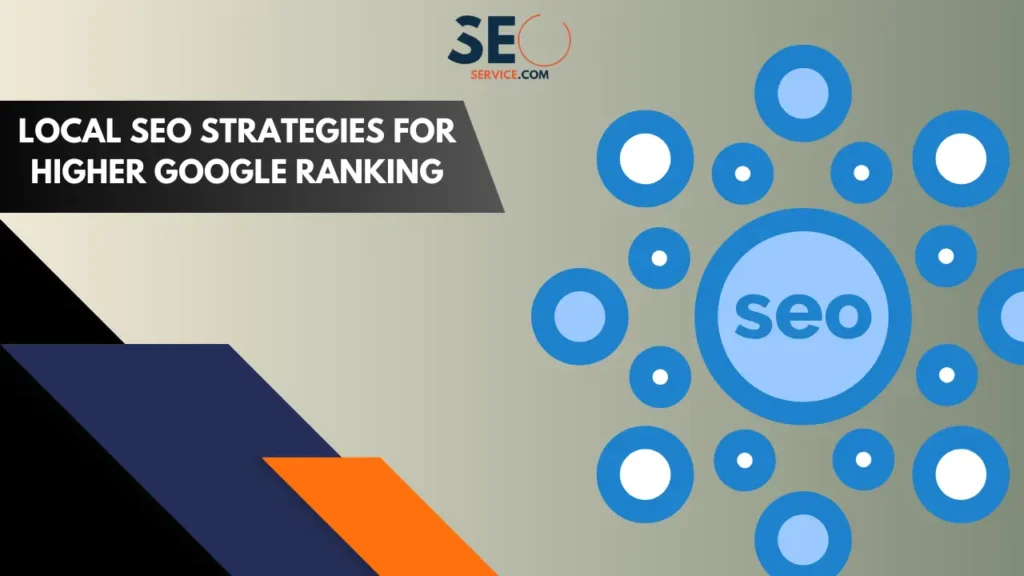
Importance of Local Search
For businesses that serve local customers, ranking well within Google’s local search results is vital for visibility and generating foot traffic to a physical location. Local search queries like “pizza places nearby” or “plumbers in Houston” are used by customers to find information about brick-and-mortar businesses. Optimizing for local SEO and ranking higher within the Google local pack will significantly boost location-based traffic.
Creating a Google My Business Profile
Having a complete and accurately verified Google My Business profile is the foundation of local SEO. This signals to Google that your business is legitimate and provides key information like correct address, phone number and operating hours. Complete every section with relevant details and add plenty of photos. Optimize your profile for brand name mentions and commonly searched categories. A properly filled out Google My Business page makes it more likely you’ll rank well for local customers’ searches.
NAP Consistency
Ensure your business Name, Address and Phone number (NAP) information is 100% consistent across all sites, directories and listings on the web to get business listed higher. Inconsistencies confuse search engines and can negatively impact local rankings. Claim and verify your NAP across 50+ directories and citations. Use platforms like Moz Local to manage local citations. Monitoring and maintaining accurate NAP data reinforces your business info in Google’s eyes for better local pack rankings.
Utilizing Social Media to Enhance Google Ranking
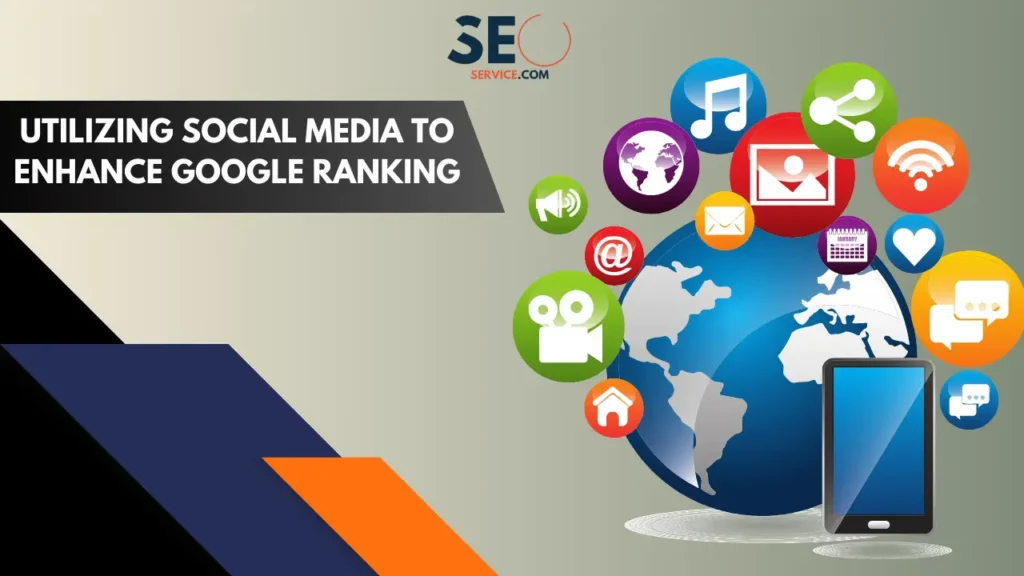
Importance of Social Signals
Site speed is a crucial ranking factor for Google. Fast page loading times positively impact user experience and can significantly help get business listed higher in Google searches. Use speed testing tools to identify any pages that may be slow to load. Compress images, minify code, and optimize servers to boost speed. Upgrade to faster web hosting if needed. Faster sites demonstrate optimization and signal relevance, helping pages rank better in Google searches.
Building Links on Social Media
Many social platforms give users the ability to link to external sites which can help build quality backlinks. For example, consistently sharing links to your latest blog posts and resources on Twitter, LinkedIn and Facebook provides opportunities to acquire links. Join relevant social groups and participate by sharing links when appropriate. Also engage followers by responding to conversations and mentions. Being helpful and not spammy is key.
Encouraging Social Sharing & Engagement
Make it easy for visitors to share your content on their own social channels. Add social sharing buttons to web pages and create share-worthy assets like videos, infographics and free tools that get users to spread the word. Run social contests and promotions to incentivize shares. Being highly interactive with followers also boosts engagement. The more your content gets shared and liked, the stronger its social signal for driving referral traffic and improving SEO.
Enhancing User Experience for Improved Google Ranking

Page Loading Speed
Site speed is a ranking factor for Google. Fast page loading times positively impact user experience. Use speed testing tools to identify any pages that may be slow to load. Compress images, minify code, and optimize servers to boost speed. Upgrade to faster web hosting if needed. Faster sites demonstrate optimization and signal relevance, helping pages rank better in Google searches.
Mobile-Friendly Site
With over 60% of searches happening on mobile devices, having a responsive mobile-friendly site that helps you get business listed higher is mandatory. If your site does not adapt well for smaller screens, Google flags this in mobile search results. Ensure your site passes Google’s mobile-friendly test. Check that design, content and CTAs work on phones. A seamless mobile UX keeps visitors engaged, converts better, and satisfies Google’s mobile-readiness standards for higher rankings.
Clear Calls-to-Action
Calls-to-action (CTAs) like “Sign up now” buttons are critical for conversions. Make sure your CTAs stand out on pages and clearly direct visitors to desired actions like purchases, downloads or inquiries. Pages that better demonstrate their ability to satisfy user intent tend to rank better. Having a strategic placement of visible CTAs reflects relevance and lifts pages higher in Google search.
Monitoring and Responding to Google Algorithm Updates
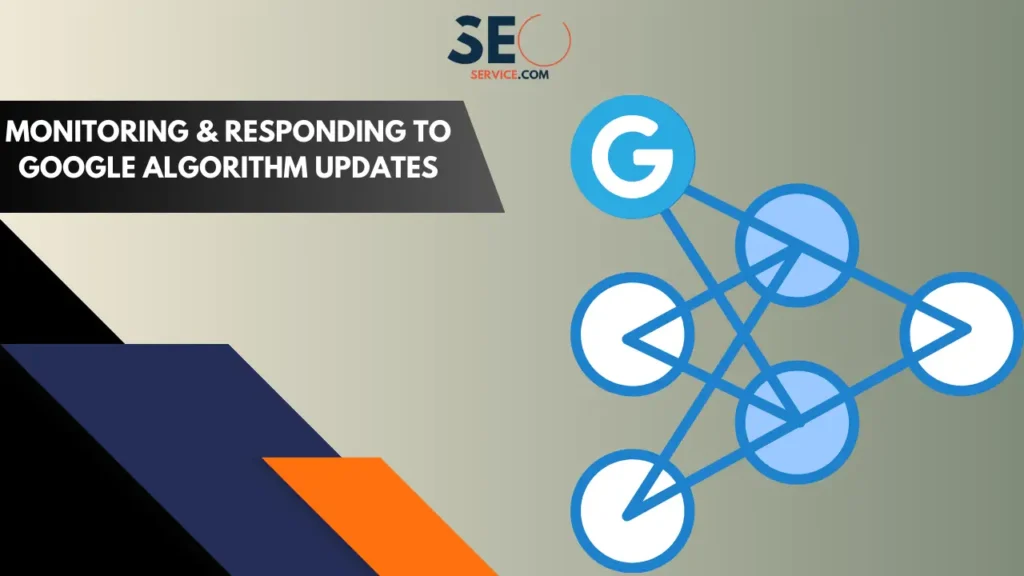
Importance of Staying Informed
Google periodically rolls out major updates to how its search algorithm assesses and ranks pages. Being aware of these updates allows you to identify changes in rankings and traffic, and tweak strategies accordingly. Monitor sites like Search Engine Journal and check Google’s blog for announcement of impactful updates.
Adapting to Google Algorithm Changes
When Google search algorithms are updated, assess your site’s visibility in search console to spot any ranking fluctuations and get business listed higher. Identify pages that may have been demoted and diagnose why. Common algorithmic penalties include thin content, slow speed, intrusive ads, or unnatural links. Make necessary fixes. Produce new content targeting terms you now rank better for.
Following SEO Industry Trends
Stay plugged into the SEO community and current best practices to get business listed higher. Attend conferences, read blogs, and listen to podcasts from reputable experts. As Google’s algorithm evolves, knowledgeable professionals share key trends and strategies. Keeping up with the latest industry know-how will help you adapt faster and stay ahead of Google’s changes.
Avoiding Common SEO Mistakes
To build effective search visibility and lift your Google ranking, be sure to steer clear of some common pitfalls:
- Relying solely on keyword-stuffed content without value. Google prioritizes useful, original information.
- Ignoring page speed and mobile optimization. Site performance issues directly impact rankings.
- Buying low-quality links instead of earning them organically. Artificial links often incur penalties.
- Not tracking analytics data to inform efforts and decisions. Guessing won’t improve rankings.
- Using dishonest black hat tactics which harm search visibility if discovered. Stay ethical.
- Lacking patience and persistence. Higher Google ranking happens slowly with continuity of effort.
FAQ
Q: Why is higher Google visibility important for businesses?
Higher Google rankings increase a business’ visibility, driving more qualified traffic and potential customers to their website or store.
Q: How soon can you see results from SEO efforts in Google?
With consistent, effective search optimization strategies, businesses typically start seeing gradual improvements in rankings and organic traffic within 2-6 months.
Q: What role does content play in Google rankings?
Google favors websites with high-quality, relevant content that engages users, and this content quality directly impacts search rankings.
Q: Can local businesses benefit through Google SEO?
Yes, optimizing for local SEO helps physical businesses enhance visibility in Google Maps and local search results to drive more foot traffic.
Q: Is mobile optimization necessary for higher Google rankings?
Mobile optimization is essential as Google prioritizes fast, mobile-friendly sites, impacting user experience and search rankings significantly.
Conclusion
Achieving higher Google rankings and get business listed higher, requires a strategic, comprehensive effort optimizing critical factors that search algorithms evaluate. From speeding up pages to earning high-quality backlinks and implementing schema markup, mastering both technical and content-focused elements is key to get business listed higher.
Most importantly, take a user-centric approach – build expertise and trust by offering utility through problem-solving content. Let analytics data and algorithm updates guide efforts to get business listed higher. By consistently providing value, businesses can sustainably gain visibility despite fluctuations. Though ranking high demands significant expertise, the rewards in qualified traffic and revenue justify the investment for long-term digital success and get business listed higher.
